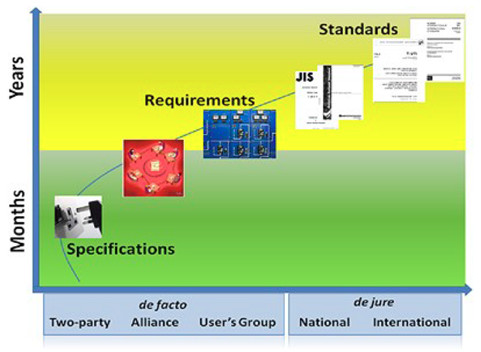The Sustainability Podcast
The Significant Benefits of Using Standards for your Smart City Project with Jim Frazer
While taking the “road less traveled” may be rewarding in other aspects of business and life, doing so in the domain of your Smart City project will expose you to a plethora of negative unintended consequences. A far better suggestion is to take the standards and best practices route - a route traveled by many, many others.
While there are many benefits to the use of standards, some of most important include;
1. Future proofing - so you can avoid technological and business process obsolescence.
2. Product Commodification - which drives down costs and increases availability
3. Development of New Features are hastened - as manufacturers attempt to differentiate their offering beyond that of the standard, and
4. Virtually free access to the accumulated intelligence of an ecosystem of domain experts
Using standards and best practices allows the designer, installer, end user and maintenance organizations to adopt proven, tried and true methods for each step of a project – over the entire lifecycle – from project conception to project retirement and disposal.
Warning: Not all Standards are Created Equal

As pictured above, the standards continuum ranges from a single or two-party proprietary specification to a full international standard, in a time span that is measured in months to years. Further categorization can be applied regarding the de facto or de jure legal status. Specifications and requirements are defined by single or multiple persons, alliances or organizations. Often proprietary in nature, they are quickly developed to support interconnection and integration of various devices and systems, usually over a period of months.
Alliances, trade groups, and consortiums are groups that embrace a particular technology, and form a formal "interest group" to promote that view. The difference between an alliance and a formal standards group is in both the rules and the actual deliverable. Since any number and balance of interested parties can form an alliance, the rules under which they operate are very broad.
--------------------------------------------------------------------------
Would you like to be a guest on our growing podcast?
If you have an intriguing, thought provoking topic you'd like to discuss on our podcast, please contact our host Jim Frazer
View all the episodes here: https://thesustainabilitypodcast.buzzsprout.com